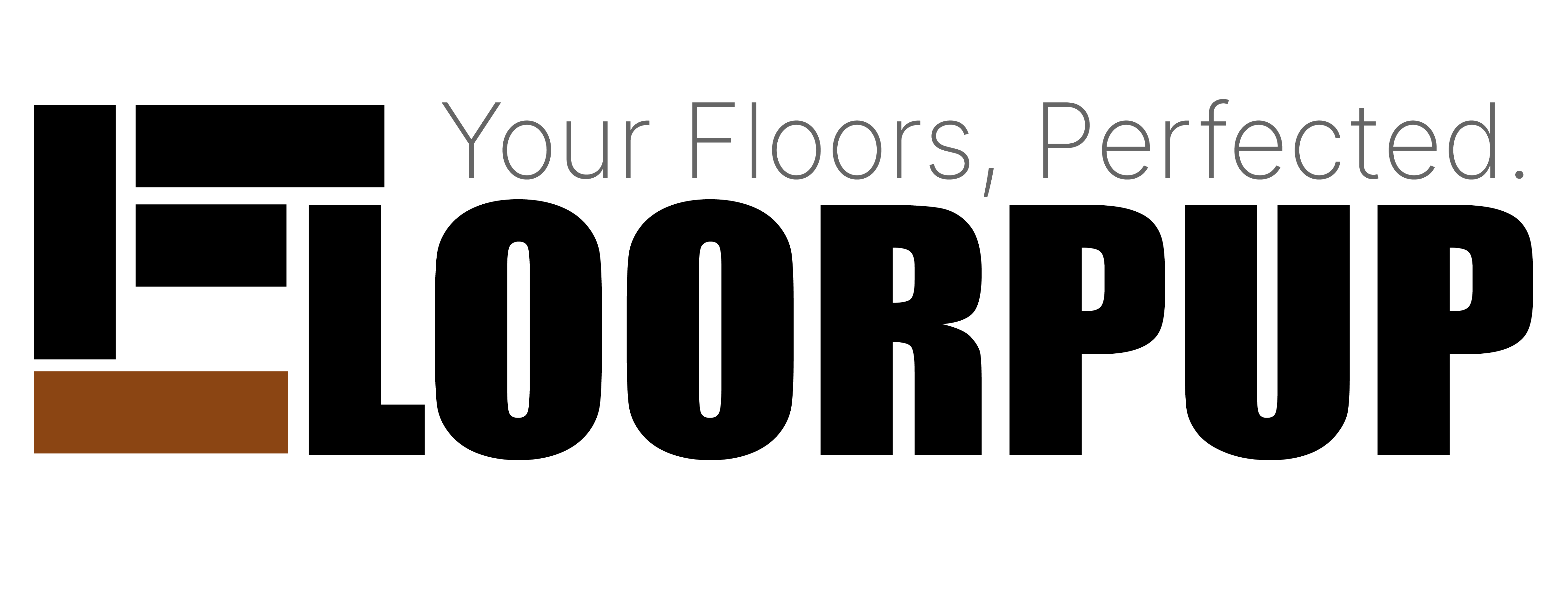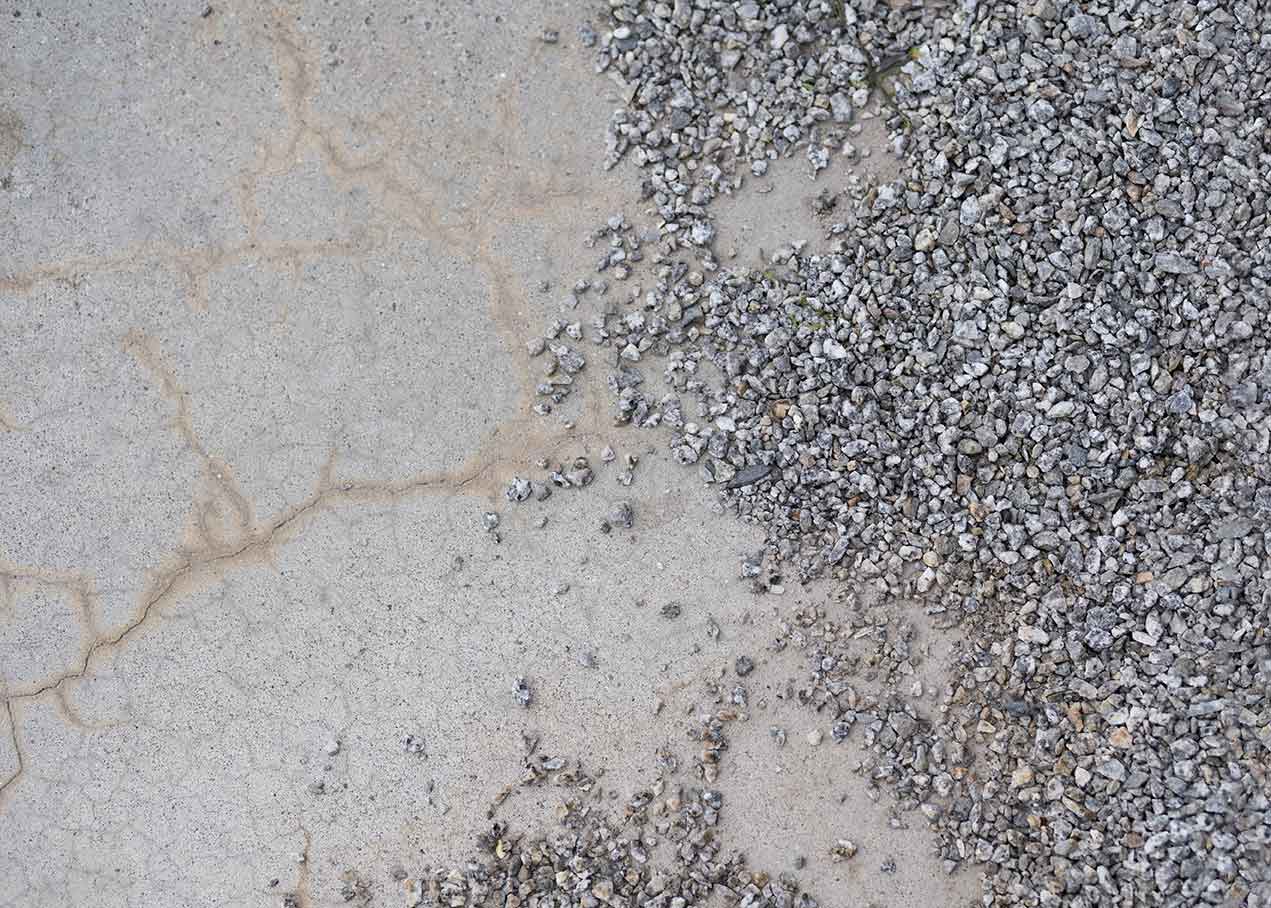A Comprehensive Analysis of Paver Driveways and Resin Bound Surfacing
Decoding Driveways
Are you at the crossroads of driveway design, torn between timeless elegance and modern minimalism? Your driveway isn’t just a patch of concrete; it’s a canvas reflecting your home’s essence. It’s where style meets functionality and where the first impressions of your home are etched. This exhaustive guide explored two popular options: Paver Driveways and Resin Bound Surfacing. Let’s unravel the intricacies, weigh the pros and cons, and delve into the unique features of each, empowering you to make a choice tailored to your home’s soul.
Understanding Paver Driveways: A Symphony in Stones
Paver driveways, also known as block paved driveways, have been revered for their classic allure. Here’s an intricate exploration of their virtues and vices:
Top 10 Pros of Paver Driveways:
- Artistic Versatility: Pavers come in various shapes, sizes, and colors, allowing for intricate designs and patterns that can enhance the visual appeal of your driveway, creating a unique aesthetic tailored to your taste.
- Durability: Paver driveways are incredibly durable, capable of withstanding heavy loads and harsh weather conditions without cracking or deteriorating, ensuring long-lasting performance.
- Easy Repair: In the event of damage, individual pavers can be easily replaced without disturbing the entire driveway. This ease of repair saves time and money compared to repairing large sections of concrete or asphalt.
- Environmentally Friendly: Pavers are often made from natural materials like clay or concrete, making them an eco-friendly choice. They allow for water drainage, reducing the risk of water runoff and erosion.
- Increased Home Value: The aesthetic appeal, durability, and versatility of paver driveways can enhance your home’s curb appeal, potentially increasing its market value and attractiveness to potential buyers.
- Non-Slip Surface: Pavers, especially those with textured surfaces, provide excellent traction, making them a safe option for driveways, particularly in areas prone to rain and snowfall.
- Easy Installation: Despite the meticulous placement required, paver driveways can be installed relatively quickly compared to other driveways, reducing labor costs and inconvenience.
- Customization: Pavers can be arranged in various patterns, allowing homeowners to create personalized designs and making their driveway a distinctive property feature.
- Suitable for All Climates: Paver driveways can withstand extreme temperature variations, making them ideal for regions with hot summers and freezing winters, unlike other driveway materials.
- Permeability: Some paver designs allow water to permeate through the surface, reducing runoff and preventing water accumulation, which can help avoid puddles and erosion.
Top 10 Cons of Paver Driveways:
- Cost: Paver driveways can be expensive to install initially, especially if you opt for intricate designs or high-end materials. The cost of materials and labor can significantly impact your budget.
- Weed Growth: The gaps between pavers can encourage weed growth, necessitating regular maintenance to prevent the driveway from becoming overrun with unwanted plants.
- Regular Maintenance: Paver driveways require periodic maintenance, including re-sanding joints and sealing, to preserve their appearance and prevent issues like weed growth and erosion.
- Uneven Surface: If not correctly installed, pavers can settle unevenly over time, leading to a rough surface that may require leveling to maintain functionality and appearance.
- Labor Intensive: The installation process, especially for complex patterns, can be labor-intensive, requiring skilled laborers and meticulous attention to detail, which can extend the project timeline.
- Stain Susceptibility: Certain pavers are prone to staining from oil leaks, rust, or other substances, requiring prompt cleaning to maintain their appearance.
- Limited Load Capacity: While generally robust, pavers may not be suitable for driveways frequently subjected to heavy loads, such as large trucks or RVs, as they can cause pavers to shift or crack.
- Color Fading: Over time, exposure to sunlight and harsh weather conditions can cause the colors of some pavers to fade, diminishing the overall visual appeal of the driveway.
- Icy Conditions: In colder regions, water trapped between pavers can freeze, creating icy patches that can be hazardous, necessitating regular snow removal and de-icing efforts.
- Weed Barrier Maintenance: To prevent weed growth, a proper weed barrier must be installed beneath the pavers, which requires careful planning during installation and occasional maintenance to ensure effectiveness.
These pros and cons can help homeowners decide between paver driveways and other surfacing options, ensuring their choice aligns with their preferences, budget, and long-term maintenance capabilities.
FloorPup: Where Elegance Meets Durability
At FloorPup, we transcend the ordinary, creating driveways that merge functionality with artistry. Our skilled artisans meticulously craft driveways, ensuring they endure and enchant. Need more conviction? Explore our gallery, witness the transformative prowess of Resin Bound Surfacing, and envision your home’s grandeur. Embrace sophistication; embrace Floorpup – where driveways become statements!
Transform your home effortlessly with FloorPup! Discover our extensive range of hardwood flooring, receive tips from expert floor care and maintenance professionals. Our team includes professional floor fitters, skilled driveway pavers, and dependable carpet repair specialists, ensuring top-notch results. Learn more about our dedication to quality on our About Us page. Visit FloorPup and start enhancing your living space today!
FAQ 1: What Are the Key Factors to Consider When Choosing Between Paver Driveways and Resin Bound Surfacing?
Answer: When deciding between Paver Driveways and Resin Bound Surfacing, consider factors such as aesthetic preferences, budget, maintenance requirements, and the climate of your region. Paver driveways offer a classic charm, while resin-bound surfacing provides a modern, low-maintenance alternative. Evaluate these aspects to choose the option that best aligns with your needs and style.
FAQ 2: How Long Does Install a Resin Bound Driveway Take?
Answer: Installing a resin-bound driveway typically takes about a day, provided the base is adequately prepared. Unlike some other driveway materials, resin-bound surfacing allows for swift transformation, minimizing the disruption to your daily routine and ensuring you can enjoy your new driveway immediately.
FAQ 3: What Maintenance Is Required for Paver Driveways and Resin Bound Surfacing?
Answer: Paver driveways require regular maintenance, including brushing sand into the joints and occasional cleaning to prevent the accumulation of debris. On the other hand, resin-bound surfacing demands minimal upkeep; a periodic jet wash is usually sufficient to maintain its pristine appearance. Consider your willingness to invest time in maintenance when choosing the suitable driveway solution for your home.
FAQ 4: Can Resin Bound Surfacing Be Customized to Match the Exterior of My Home?
Answer: Yes, resin-bound surfacing offers extensive customization options. You can choose from various colors, enabling you to create a driveway that harmonizes perfectly with the exterior of your home. Whether you prefer a modern, vibrant look or a more traditional, subdued tone, resin-bound surfacing can be tailored to reflect your style and enhance your property’s curb appeal.


